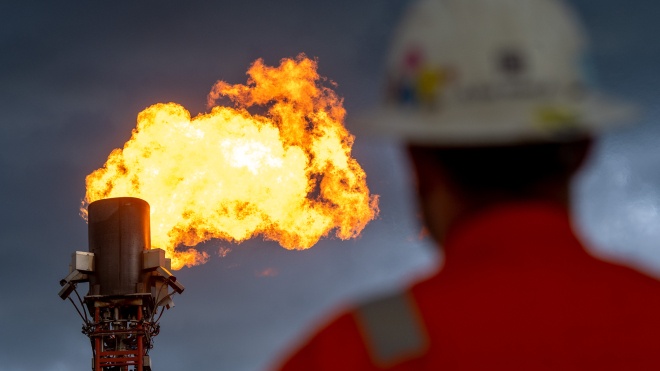In case of a critical gas situation in Europe, the largest field in Europe can be restarted in the Netherlands. It is located near the city of Groningen, but it is not developed because of the high risks of earthquakes.
Bloomberg writes about it.
So far, Dutch authorities have refused to ramp up gas production even as Europe prepares for what is likely to be one of its worst winters. Dutch Mining Minister Hans Wilbrief says it is dangerous to continue mining, but the country cannot ignore the suffering elsewhere in Europe. A gas shortage "may force us to make that decision," he says. In particular, if critical infrastructure, hospitals and schools will not have adequate heating.
Since 1963, Groningen has been the basis of European gas supply. Despite decades of production, there are still about 450 billion cubic meters of gas in reserve worth about $1 trillion.
The first small tremors in Groningen were recorded in 1986, and since then there have been hundreds. Although most are undetectable by instruments, a 3.6-magnitude earthquake struck the region in 2012, prompting thousands of property damage claims.
Of the roughly 327 000 homes in the region, at least 127 000 suffered some degree of damage, according to the Groningen Mining Institute. More than 3 300 buildings have been demolished in the area since 2012 because earthquakes made them unsafe.
European Commissioner for Internal Market Thierry Breton recently said that the Netherlands should reconsider its decision on Groningen. Other EU member states are also putting pressure on the Netherlands, but they are sticking to the plan.
Prime Minister Mark Rutte has not ruled out using Groningen to boost supplies, but "only as a last resort if things go wrong" and the situation is not that critical at the moment.
- On September 26, in one day, the Russians recordeda drop in pressure at once on two of their gas pipelines to Europe — on "Nord Stream" and "Nord Stream — 2", which were never put into operation. Both gas pipelines are almost not working and are not pumping gas from Russia to Europe. "Nord Stream — 2" was never launched due to the invasion of Russian troops into Ukraine, and "Nord Stream" was almost completely stopped in the summer due to problems found. Initially, three gas leaks were recorded on the pipelines, and already on September 29, Sweden reported a fourth leak.
- The countries of the EU, the USA and NATO believe that the pipelines were sabotaged. Seismologists said that they recorded underwater explosions in the leakage zones.
- Citing sources in British intelligence, The Times newspaper wrote that the "Nordic Streams" were attacked by Russian underwater drones. Russiaʼs involvement is being investigated. In the Russian Federation itself, traditionally, all accusations are rejected.
